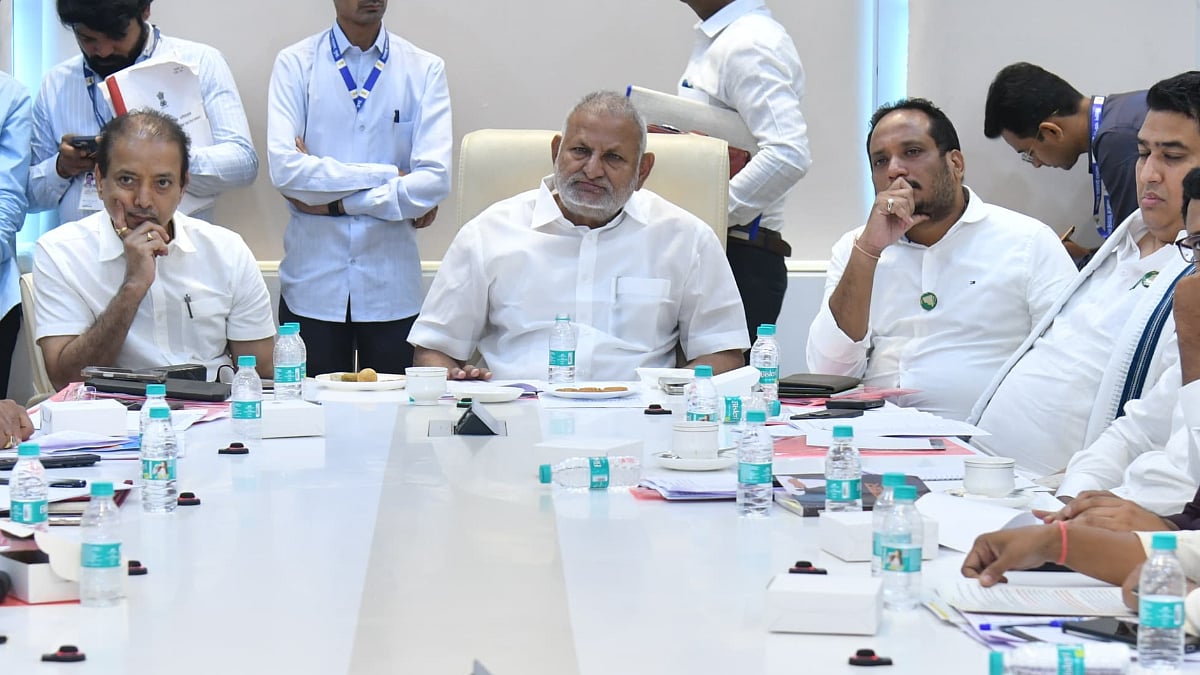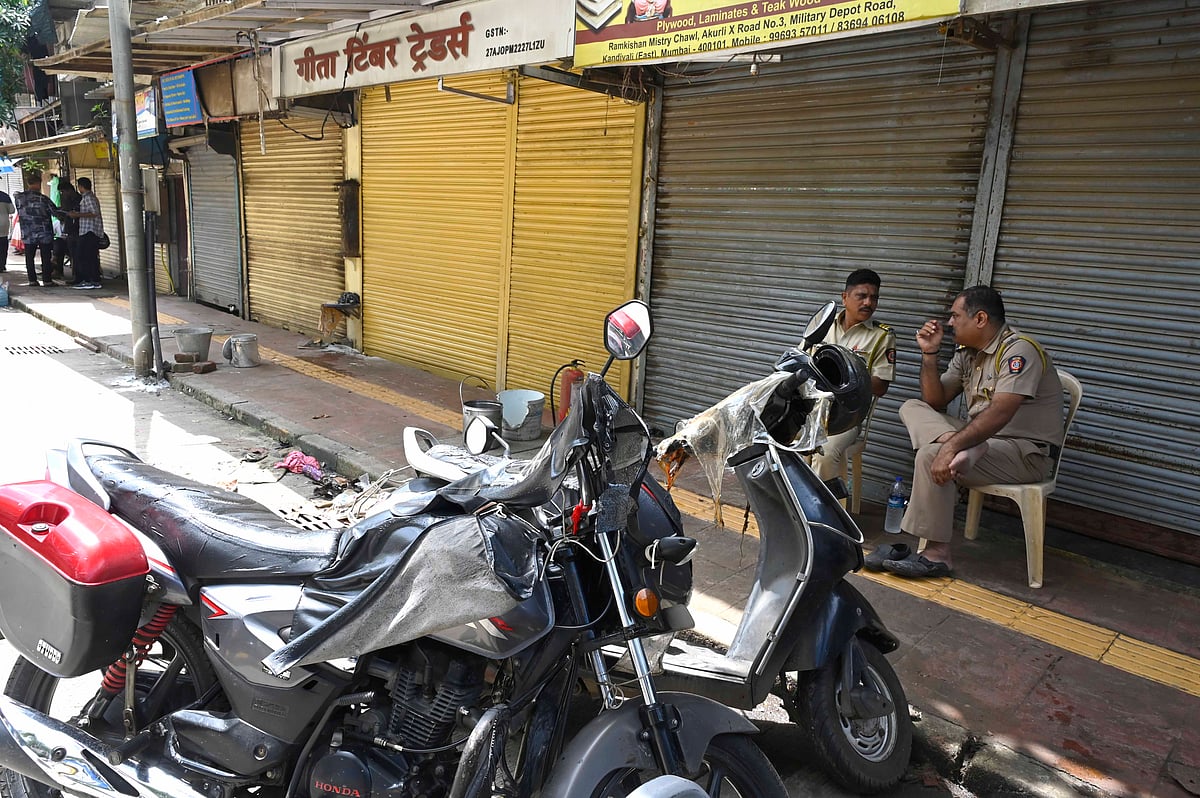The Frames Film Festival at SIES College of Arts, Science, and Commerce (Autonomous) organized an engaging filmmaking workshop on Tuesday, conducted by writer and director Chintan Sarda.
Workshop Overview
The session, held from 2:00 PM to 4:00 PM, drew enthusiastic participation from students eager to explore the nuances of cinema and storytelling.
Introduction to Filmmaking
Opening with fundamental questions, “Why do we tell stories, and why do we create films?” Sarda highlighted filmmaking as the youngest of all art forms, uniquely capable of shaping time, space, and emotion. He guided participants through the entire lifecycle of filmmaking, from development and pre-production to production, post-production, and delivery.
Director’s Role and Pre-Production
Sarda emphasized the director’s multifaceted role as a visionary, collaborator, and guide who transforms a script into a living cinematic experience. He underlined the importance of pre-production planning, including theme selection, character analysis, crafting visual styles, and setting tone, while also stressing collaboration with key creative partners such as cinematographers, production designers, sound designers, and editors.
Visual Language of Cinema
Discussing the visual language of cinema, he explained how choices in camera movement, angles, lighting, and composition influence storytelling and evoke emotions across genres ranging from romance to thrillers.
Working with Actors
A significant part of the workshop focused on working with actors. Sarda shared insights on rehearsal methods, improvisation, and emotional memory, while reminding participants of the director’s responsibility to create a safe and empathetic atmosphere on set. “Filmmaking is not just art—it is also a high-pressure environment where preparation, collaboration, calm decision-making, and energy management define success,” he said.
Screenwriting Essentials
The session also delved into screenwriting, with Sarda describing the writer as the “first author of the film.” He outlined the essentials of storytelling—theme, character arcs, conflict, and dialogue—and shared practical techniques such as entering scenes late, visual storytelling, and respecting genre conventions. Drawing from his industry journey, he encouraged aspiring filmmakers to begin by assisting professionals, making short films, writing scripts, and networking.
Concluding Message
Concluding the workshop, Sarda left students with an inspiring message: “The essence of filmmaking lies not in technology or resources, but in your unique perspective. Every filmmaker has a voice no one else can replicate. The real question is not whether you will succeed, but which stories you will choose to tell.”







